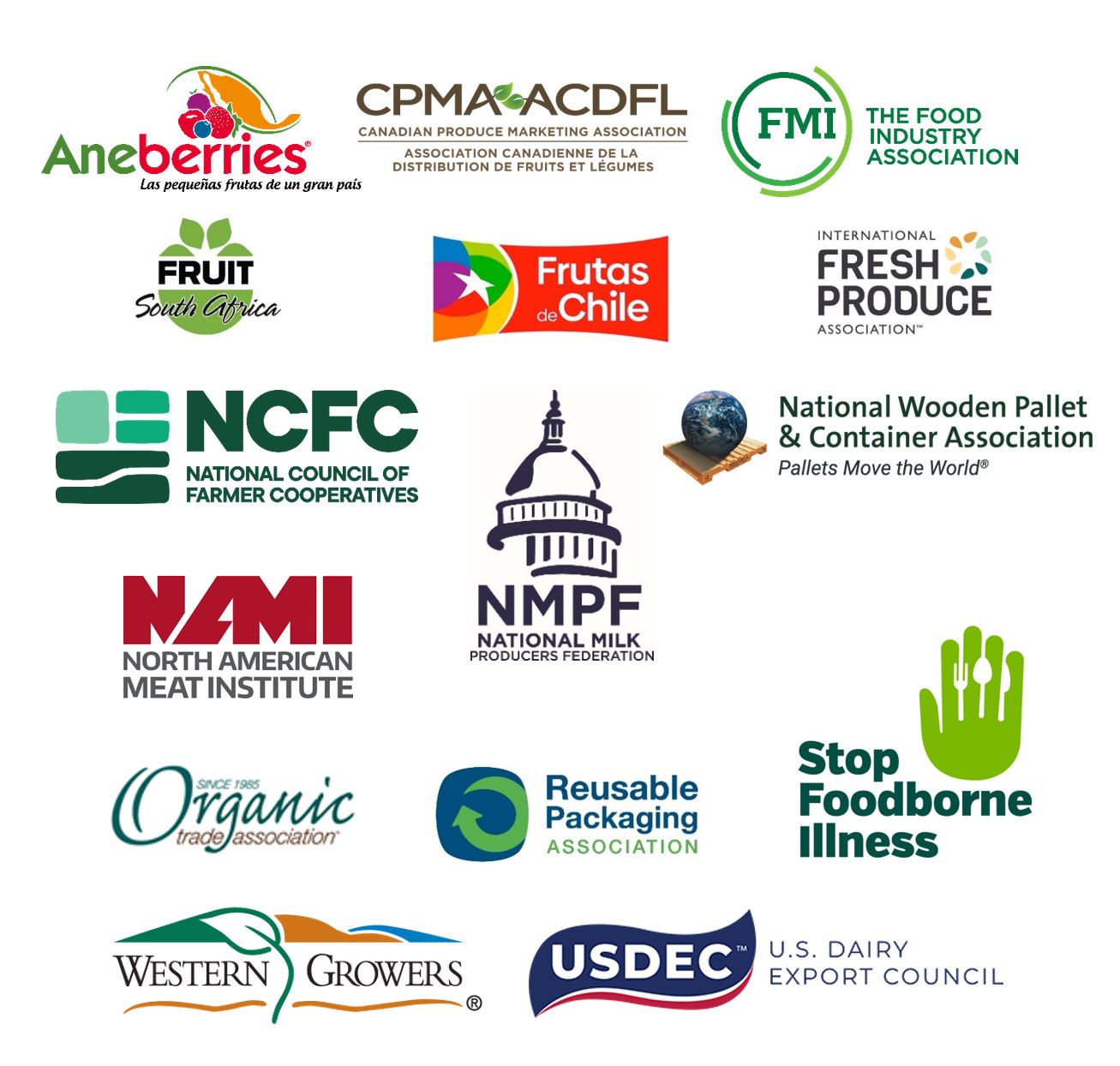April 4, 2024 — New packaging rules agreed in principle by EU Member State governments last month, raise serious trade and food safety concerns.
They will almost certainly negatively impact global supply chains and food security at a time when more than 37 million Europeans cannot afford a quality meal every second day. Secondary impacts of these new rules will include fewer healthy food choices available to consumers.
The proposed Packaging and Packaging Waste Regulation (PPWR) prohibits even those single-use packaging options that were scientifically designed to maintain quality, safety and freshness of perishable commodities, as fresh and ready-to-eat foods risk being spoiled, damaged or contaminated if not packaged appropriately. It would lead to an increase in food waste and, based on studies carried out in other jurisdictions, is likely to result in greater use of more durable types of plastics.
The current text of the PPWR favors recyclability over composting, and therefore limits options for fresh food manufacturers. Exemptions to the ban would be left to individual EU Member States leading to a patchwork of national regulations on food safety and allowable types of packaging for many perishable commodities.
Instead of creating harmonised rules, this will undermine the EU Single Market by creating obstacles to trade within, as well as with, the EU.
As EU regulators finalize these new rules over the coming months, the Alliance for Sustainable Packaging will continue to urge and engage with EU regulators and Member State governments to address these serious food safety and trade concerns. Enormous challenges lie ahead for the fresh food sector.
To successfully increase sustainability of the food supply chain, it is essential that evidence-based approaches are adopted that do not compromise on food safety, food quality, food availability and public health.
“The end result of the ban on single use packaging for foods like pre-made fresh salads, pre-cut vegetables, grapes and berries will be fewer options for consumers,” said ASPF Chair and IFPA BB #:378962 Chief Science Officer, Dr. Max Teplistki.
“Quality will undoubtedly suffer. These bans will launch a continent-wide gamble with food safety. The fact that each of the 27 EU member states will have to put in place own regulations on food safety and consider whether or not to allow biodegradable packaging undermines a single EU market – as a consequence, consumers in smaller countries will simply not see the same diversity of healthy food options as growers simply cannot design 27 different types of packaging.”
Press Contact:
Siobhan May, Smay@freshproduce.com – +1 302-781-5855
Director, Communications – International Fresh Produce Association



